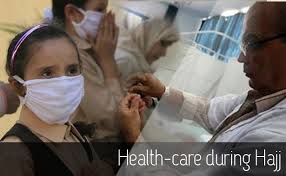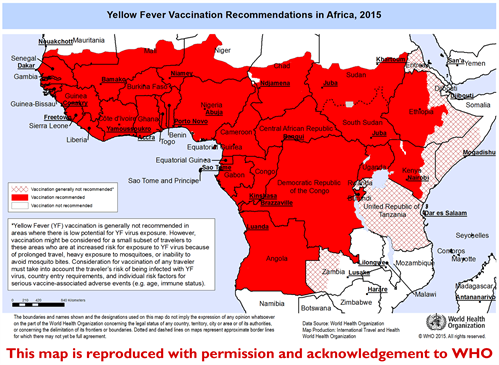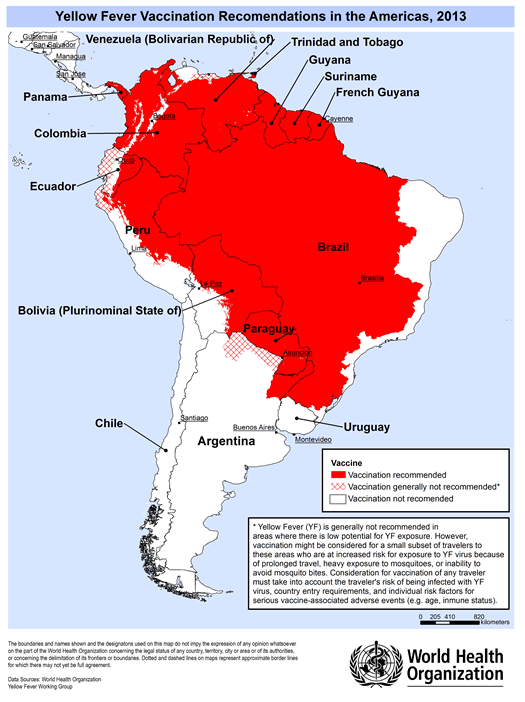|
As we to strive our hardest to make use of these blessed ten days of Dhul Hijjah by performing good deeds, fast, reading Quran, Dhikr (Remembrance of Allah) and seeking His forgiveness. Millions of our brothers and sisters around the world are travelling or are currently present in Makkah to perform Hajj. Hajj is the Arabic phrase for ‘Pilgrimage’ and is the 5th pillar of Islam. Allah subhanahu wa taala says in the Quran: “... And Hajj (pilgrimage to Makkah) to the House (Ka‘bah) is a duty that mankind owes to Allah, those who can afford the expenses (for conveyance, provision and residence); and whoever disbelieves (i.e. denies Hajj, then he is a disbeliever of Allah), then Allah stands not in need of any of the ‘Alâmin (mankind and jinn).” [Qur’an 3:97]. For those who are fasting these ten blessed ten days, here is an article about how to maintain your health whilst fasting: http://www.hafsaabbas.com/articles/keep-fit-and-maintain-your-energy-during-ramadhan This article below will circulate for those who are travelling to Hajj or Umrah. I will try to make it concise and will be as a bullet point format in sha Allah. General Advice - Always ensure that you have a general health check-up with your G.P before departure especially the elderly, pregnant, chronic diseases (heart/renal/lung/diabetes) and cancer. - Ensure that you aim to keep active for Hajj, exercise appropriately. For instance, gradually increase your walking distances before travelling - Those with diabetes, asthma, epilepsy – ensure that it is control at optimum level before travelling. In addition, this applies to individuals on anti-coagulant therapy with warfarin. - Ensure that you have enough medications with you travel. If you need to carry medications in hand luggage. Prior approval is needed from the airline, airport and letter from your G.P stating your conditions is done due to security reasons. - Women who want to delay their menstruation/monthly periods need to speak to their G.P who may prescribe hormonal therapy. This needs to be done well in advance. - Ensure you carry a first aid kit that includes plasters, dressings, anti-septic lotion etc. - Ensure that your ID that entails personal information and accommodation details need to be accompanied at all times. There also needs to be details for UK contacts for emergency. - Ensure that you have the vaccinations necessary. There is a section about it later on in the article. Vaccines are less effective in individuals with certain types of cancer or undertaking chemotherapy. If you previously had a stem cell transplant or chemotherapy, your immunity may be low or have lost it to diseases you were previously vaccinated against. Thus, you may need new vaccinations. - Be aware of your surroundings and in an emergency call 997. - Ensure that you have travel insurance that declares all your medical conditions MERS-CoV
1) Eldery (65+) 2) Chronic disease (respiratory/renal/heart/diabetes) 3) Immunodeficiency (congenital/acquired) 4) Malignancy and terminal illnesses. 5) Pregnant women 6) Children under the age of 12. Vaccinations The following should be given before being able to go to Umrah or Hajj with visa. Meningococcal Meningitis - This is given to adults and children above the age of 2 whereby a quadrivalent vaccine against meningitis which has been issued not more than 3 years and no less than 10 days prior to arrival in Saudi Arabia. - Currently the UK Travel Health Advisory Board (NaTHNaC) and the Saudi Government recommend that all Hajj pilgrims are vaccinated against meningitis (ACWY) using the conjugated meningococcal (ACWY) vaccine. Those who are coming from countries out of the UK should have the following vaccinations:
Travelling on Air - If you have a heart condition or clinical history of heart disease, travelling via air increases your chance of deep vein thrombosis (DVT). This occurs when blood travels too slow via the veins. Consequently, this forms a clot that blocks deep veins. - There is no immediate symptoms of DVT but it can cause swollen thigh, paleness, increased heat around the affected area. Recommended Tips
Climate - Even during the autumn and winter, during the day in Saudi Arabia, temperatures can reach 30 degrees which puts pilgrims at risk of:
Common diseases Malaria - This is present throughout the year but predominantly from September to January. - Areas that are at risk are mainly in the South Western regions of Saudi Arabia except for Mecca, Medina, Jeddah and Taif and the Asir Province as they are high altitutde areas. Thus, the risk is low in both cities Mecca and Medina. - However, the journey between both cities is 6 hours on road and passes through a high risk location for malaria. Recommended Tips
Travellers' Diarrhoea - This is common during Hajj and all Hajj pilgrims are at risk especially the elderly, the young, those with chronic diseases that may have a chance of being dehydrated. - Those travelling with a low budget are at greater risk. There is greater risk whilst: 1) consuming food that have been contaminated during preparation/storage. 2) Unpasteurised dairy products 3) Contaminated water 4) Raw unpeeled fruits/vegetables. - Majority of cases, TD lasts approximately for a few days and may require medications. - There is no vaccine that can protect one from TD. Recommended Tips
Blood-borne Viral infections. - Examples include Hepatitis B, Hepatitis C and HIV. - Hepatitis A – caused by a Virus and can be transmitted via contaminated food/water. Strawberries/lettuce are at risk as well as Crustaceans such as oysters and crabs. Symptoms include – loss of appetite, weakness/fatigue, nausea/sickness, fever/pyrexia as well as jaundice (yellowing of the skin and eyes). - Hepatitis B caused by a virus and is the major cause of chronic liver disease and cancer. Symptoms are similar to that of Hepatitis A but in addition, abdominal pains (tummy pains) and flu-like symptoms can also occur. It is transmitted via blood transfusion, needles and unsterilized medical equipment. - Blood-borne infections can also be caused when shaving the heads via non-sterile blades. Recommended Tips
2. Combined Hepatitis A and B (protects against A and B). 3. Combined Hepatitis A and Typhoid fever vaccine (protects against Hepatitis A and Typhoid). - Hepatitis A Vaccination should be given up to two weeks before you leave. - It can also be given up to the day of departure if needed. - Babies under the age of one are cannot be vaccinated. - Protects for a year. - A booster dose is given 6-12 months after 1st dose and can protect for at least 20 years. - After having Hepatitis A vaccination, you may experience some side effects such as tiredness, nausea, headache, loss of appetite. - Before being vaccinated, double check with your G.P if you are pregnant/breastfeeding/immunodeficient/allergies.
- If it is acute, pain killers can relieve symptoms. - If it is chronic, treatment is dependent on how affected is the liver. - Medications are prescribed to slow the viral production and prevent liver damage. Typhoid fever - It is severe is a serious type of bacterial infection caused by Salmonella typhi. - It is transmitted via contaminated food/water. Recommended Tips - The combined Hepatitis A and Typhoid vaccine. - There also two main vaccines that can prevent Typhoid that work by stimulating the body to produce antibodies (proteins that fight infection) to avoid you from getting ill by typhoid bacteria: 1) Vi vaccine – given as a single injection is more effective than Ty21a vaccine. - It isn’t suitable to those with low immune system such as people with HIV. - It is not suitable to individuals with cancer who are receiving chemotherapy. - It is not usually suitable for children under six. 2) Ty21a vaccine – given as three capsules to take on alternate days - Vaccine is given a month before travel. - None of the vaccines are 100% effective which is why maintaining personal hygiene especially when drinking and eating is crucial. - There can be side effects such as headache, feeling sick/nausea, abdominal pain and having fever (1 in 100 experience hyperthermia [high temperature 38 degrees and above)]) Travel Sickness - Symptoms can include hot flushes and paleness. It can occur in children more than adults. Recommended tips
Jet lag. - This is caused due to weakness, disturbed sleep via travelling. Recommended Tips.
Travelling with Asthma, - Anything that can trigger your asthma, can make it worse, such as dust, tobacco smoke etc Recommended tips
Travelling with diabetes Recommended Tips
Returning home On your return from Hajj or Umrah visit your G.P for a check-up or if you had continuous cough for more than 3 weeks, diarrhoea, fever, vomiting, jaundice
0 Comments
|
A GOOD HEALTH MAKES YOU RICHHealth is crucial in every single person’s life. Its something that money can’t buy. Thus a good health makes you rich so look after it. Archives
May 2017
Categories |



 RSS Feed
RSS Feed